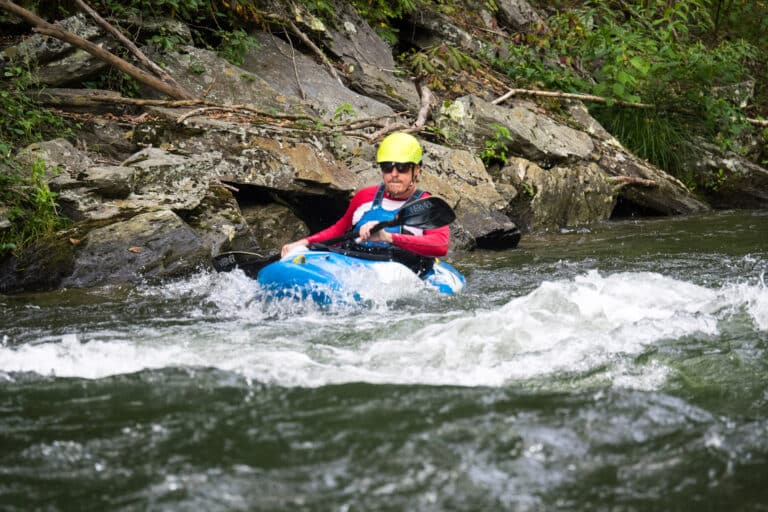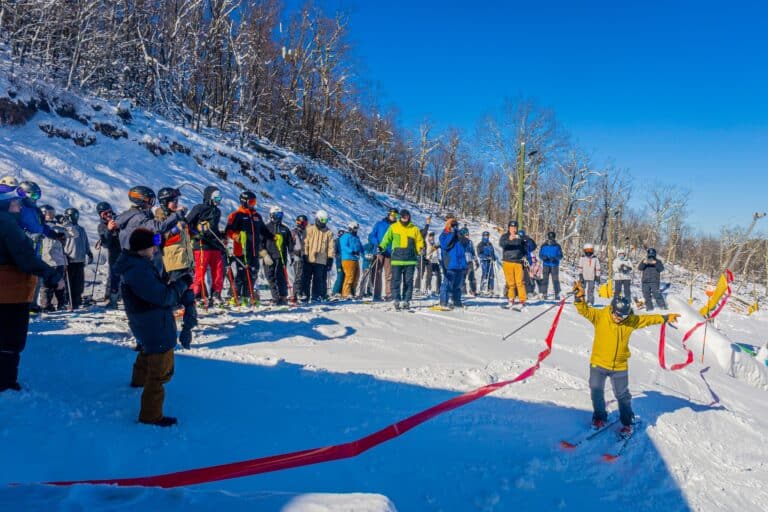Residents and visitors in the Shenandoah Valley are warned of a heightened snake population this year
Virginia wildlife officials are warning the public to watch out for snakes this year. Officials say that it has been a decade since they have seen this many snake encounters. The increase in snakes likely has to do with the winter weather, which saw a lot of rain, and then some extended warm spells. As temperatures continue to increase so, too, do snake and human interactions. Experts advise residents to do their own research and find out the kind of snakes that live in their area. Snakes like to hang out in man-made places, such as garages, sheds, attics and crawl spaces. Snakes are also attracted to tall grasses, junk, woodpiles and railroad ties. Residents are warned not to leave brush and leaf piles in their yard, as these are also a natural attraction to snakes.
If you encounter a snake keep in mind that in many states in the southeast it is illegal to kill it. Snakes are an important part of the ecosystem. Some snakes eat rats and mice that can damage crops and property.
Recent news reports show that some patients treated for snakebites have been charged nearly $17,000 per vial.
The increase in snake activity comes at a time when some hospitals have been accused of antivenin price gouging. Vials of the only antivenin available on the market in the United States approved to treat snakebites from rattlesnake, copperhead and water moccasin, CroFab, usually run about $3,000 per vial. Recent news reports show that some patients treated for snakebites have been charged nearly $17,000 per vial.
Poisonous snakes in the southeast include the copperhead, cottonmouth, rattlesnakes and the eastern coral snake.
If a snake bites you it is important to stay calm and immobile and lay down if possible. Call 911 or the poison control center and try to identify the snake by sight, noting any colors, markings, or the shape of its head. Keep the affected limb level with the rest of the body and do not apply a tourniquet, cut the wound or attempt to suck the venom out. Do not apply an ice pack. Even if you are unable to identify the snake, doctors can treat most snakebites without knowing the kind of snake that did the biting.








